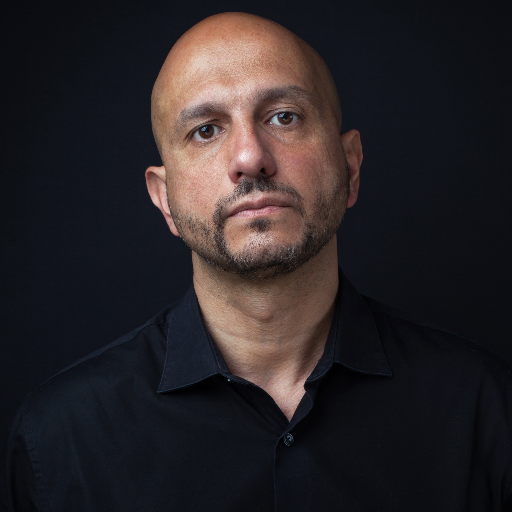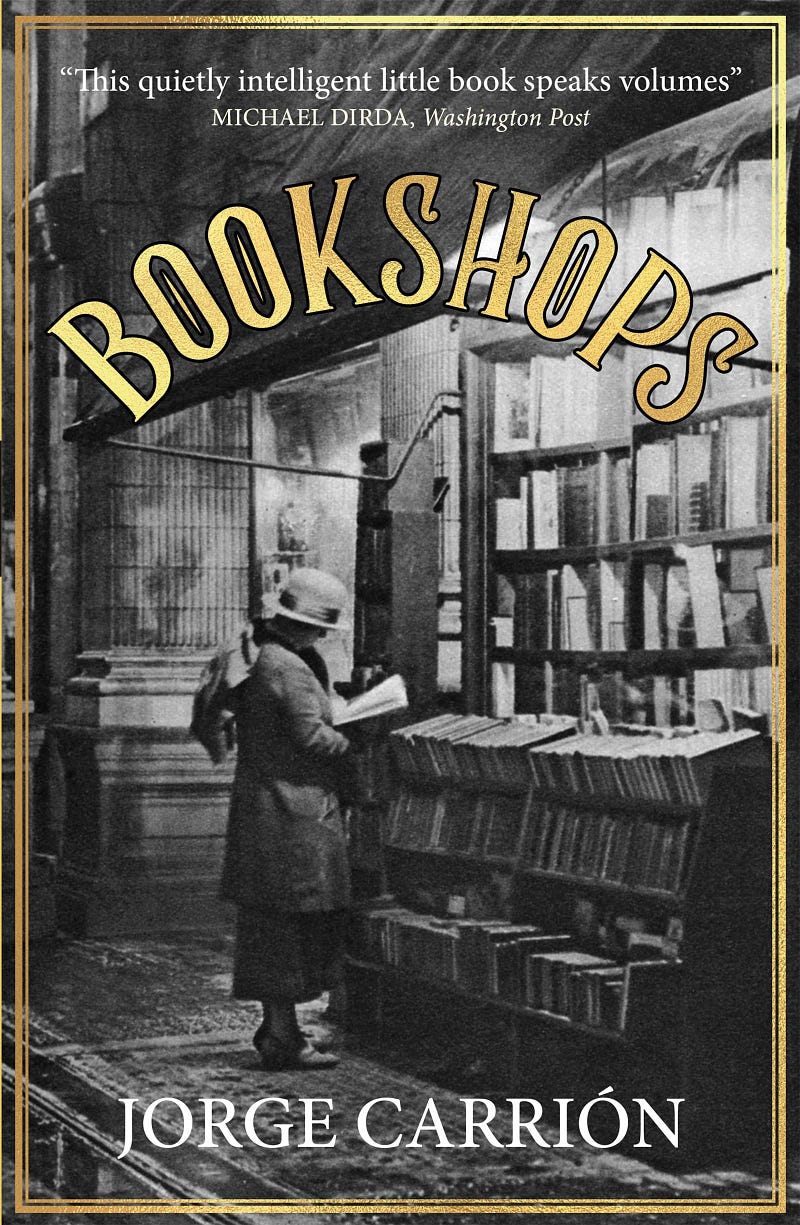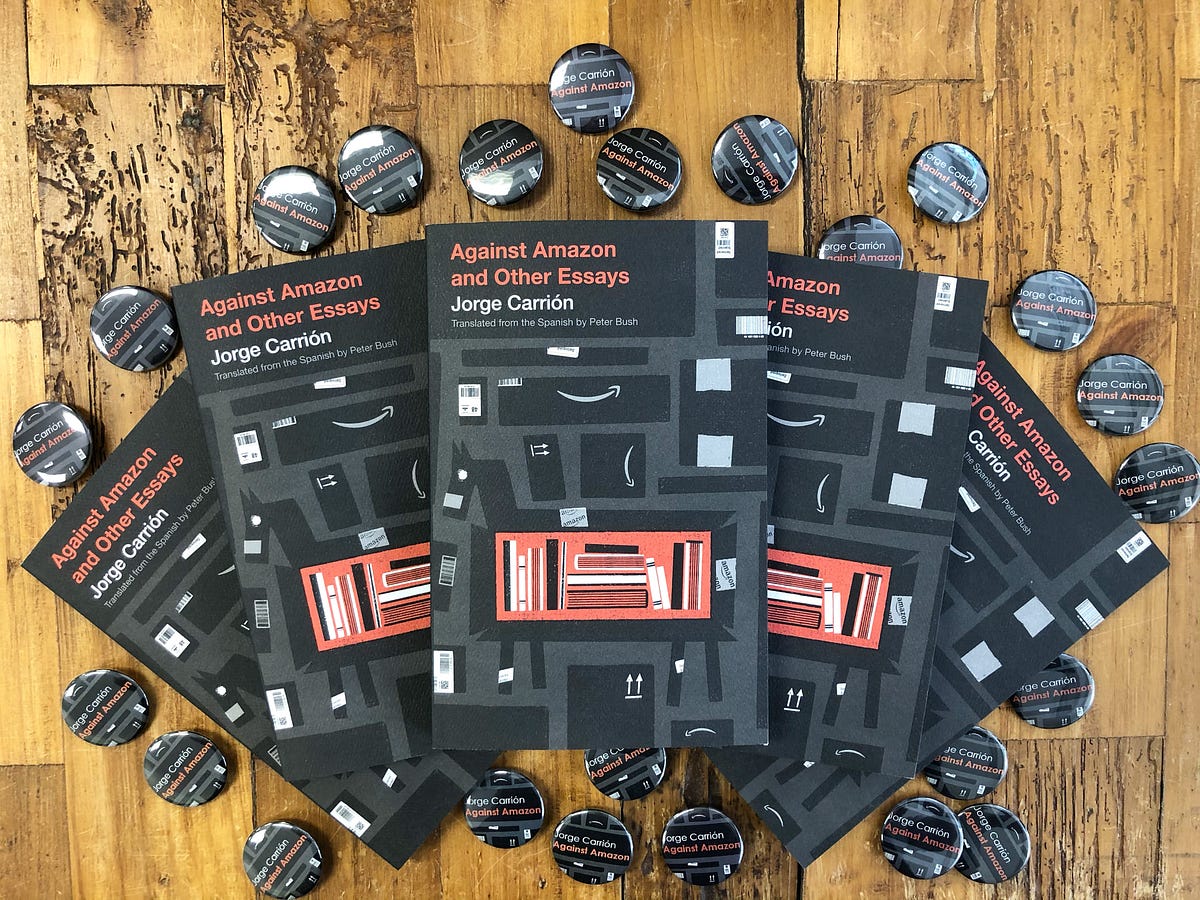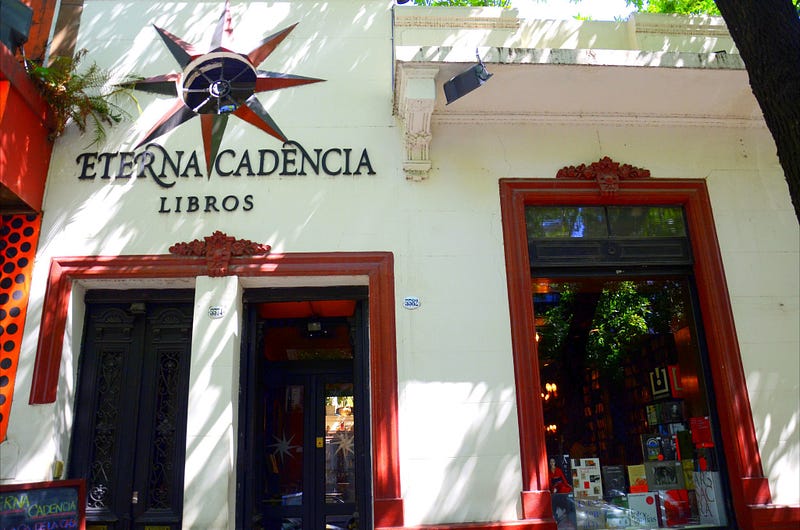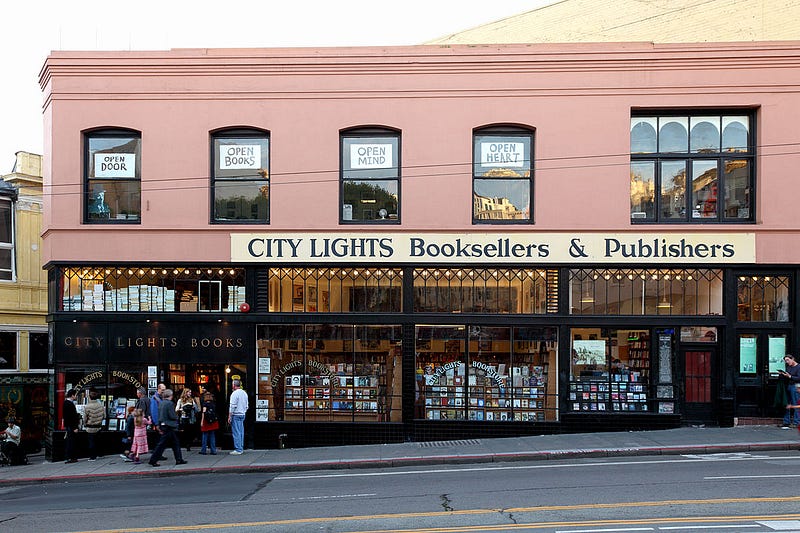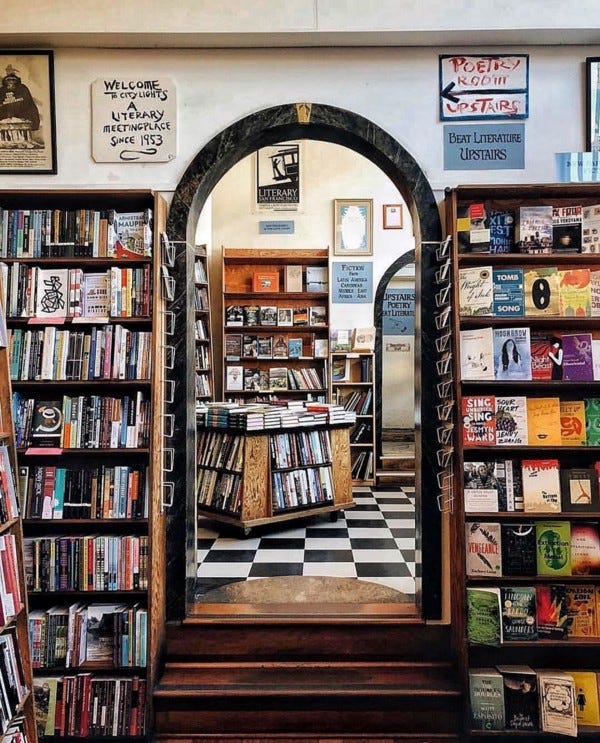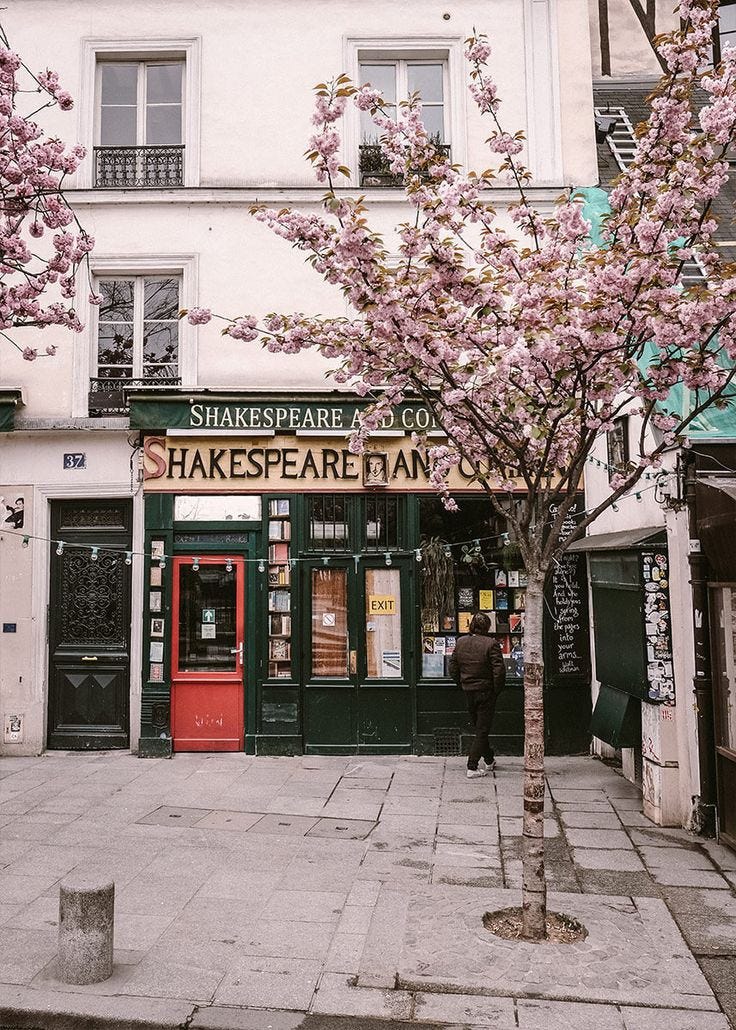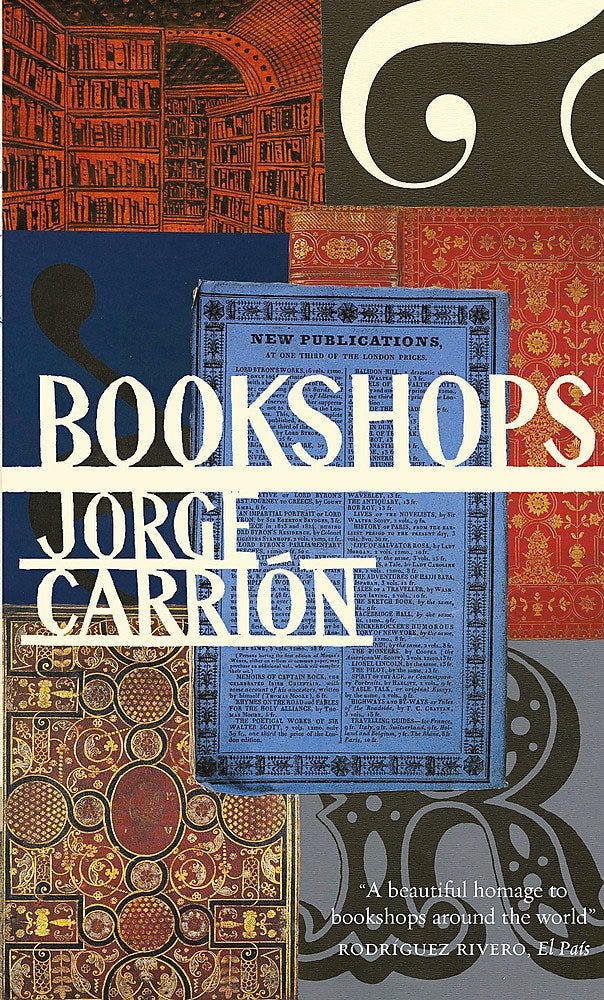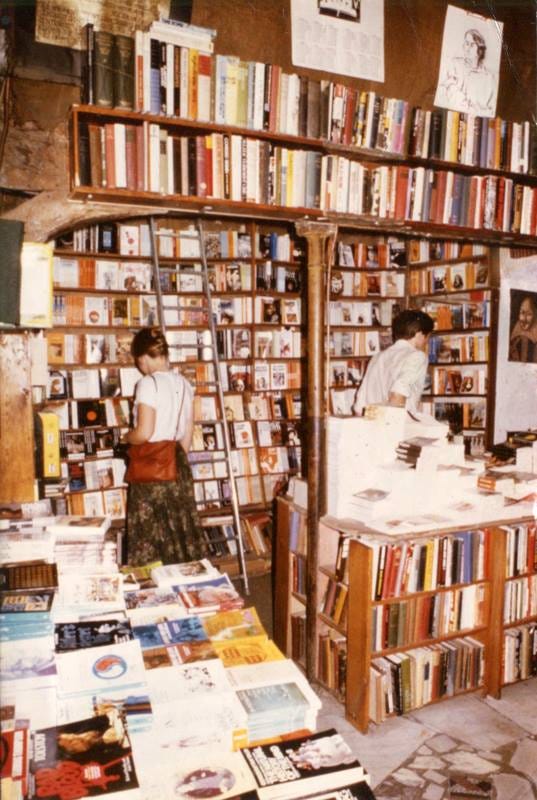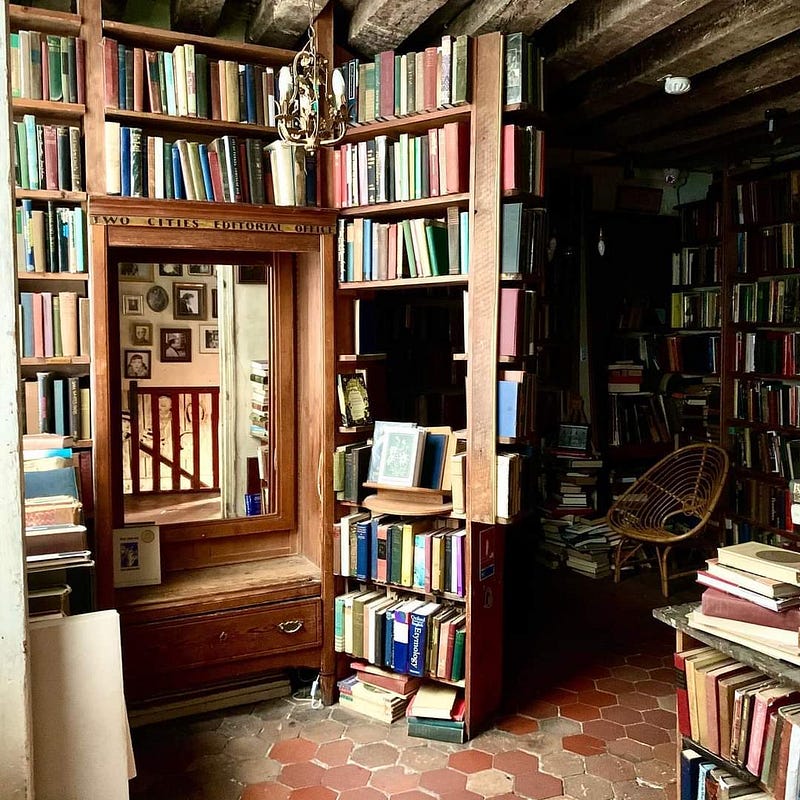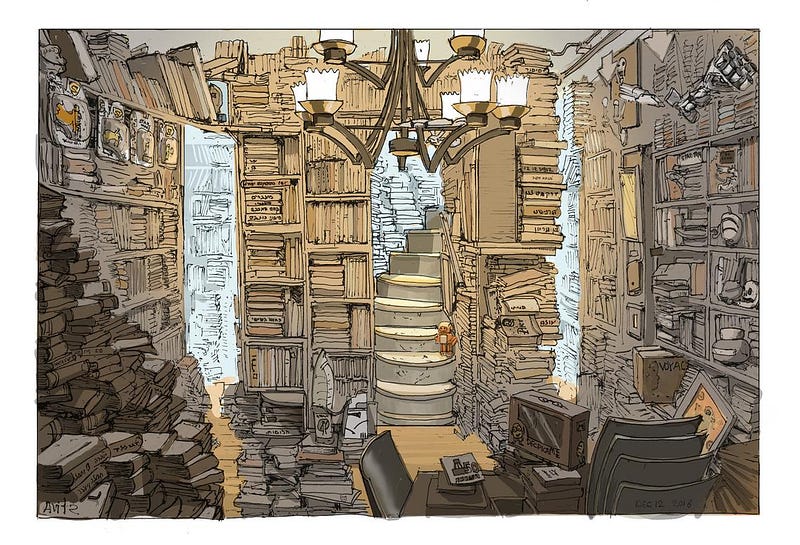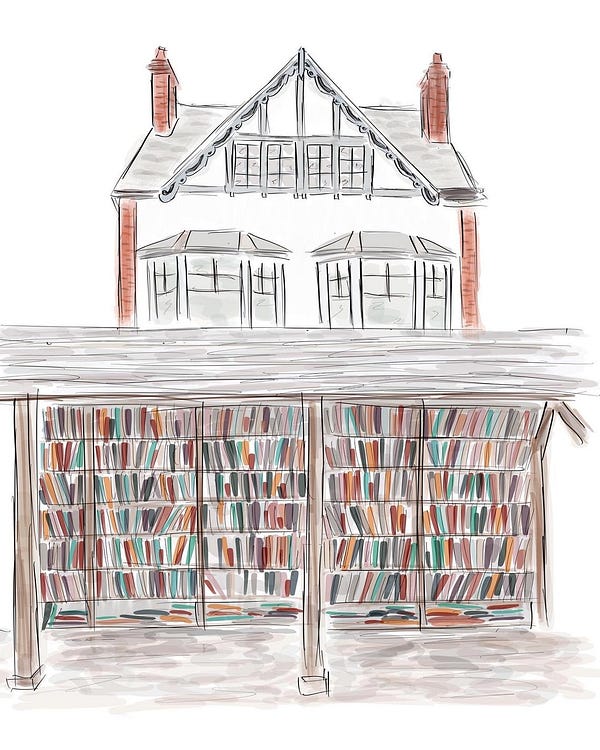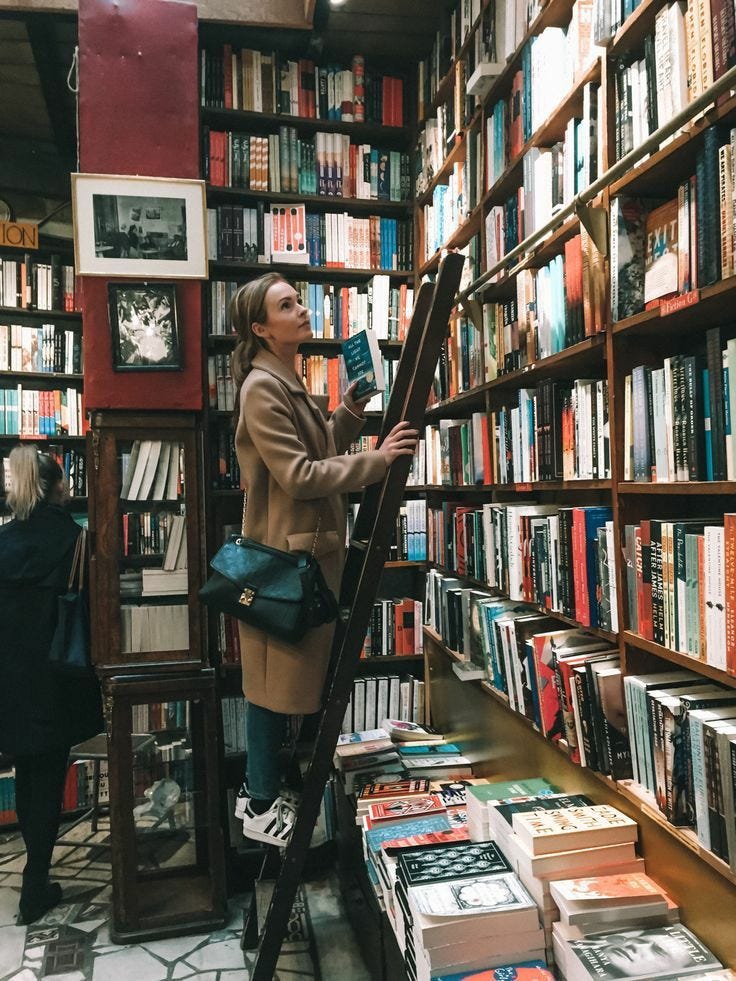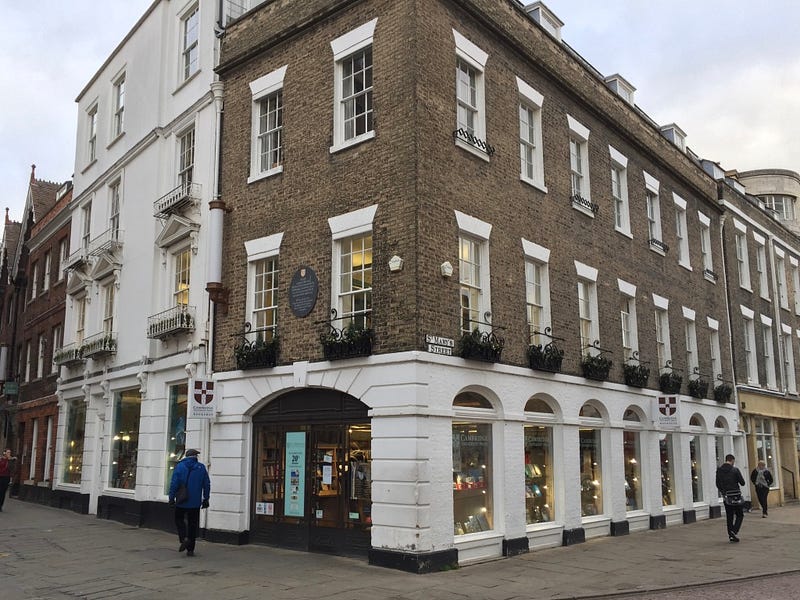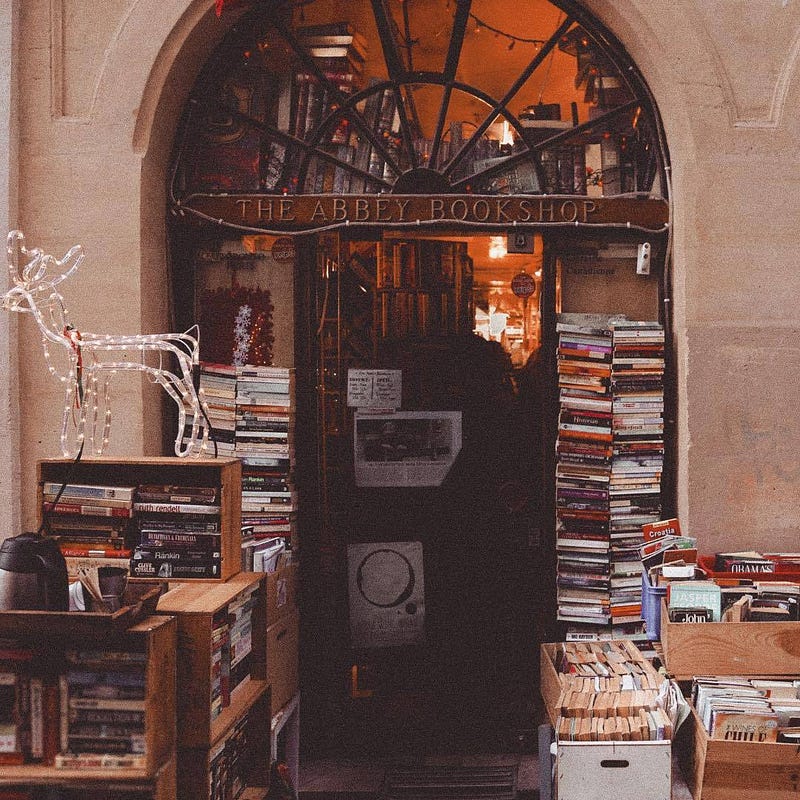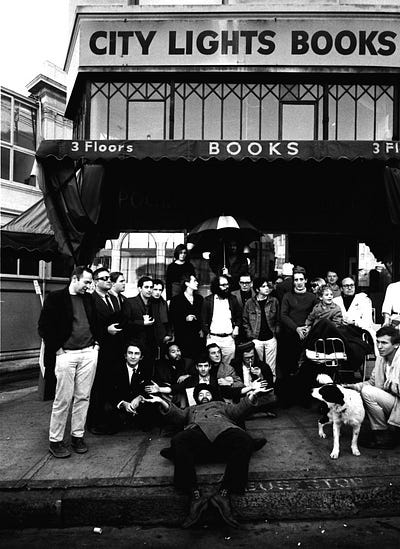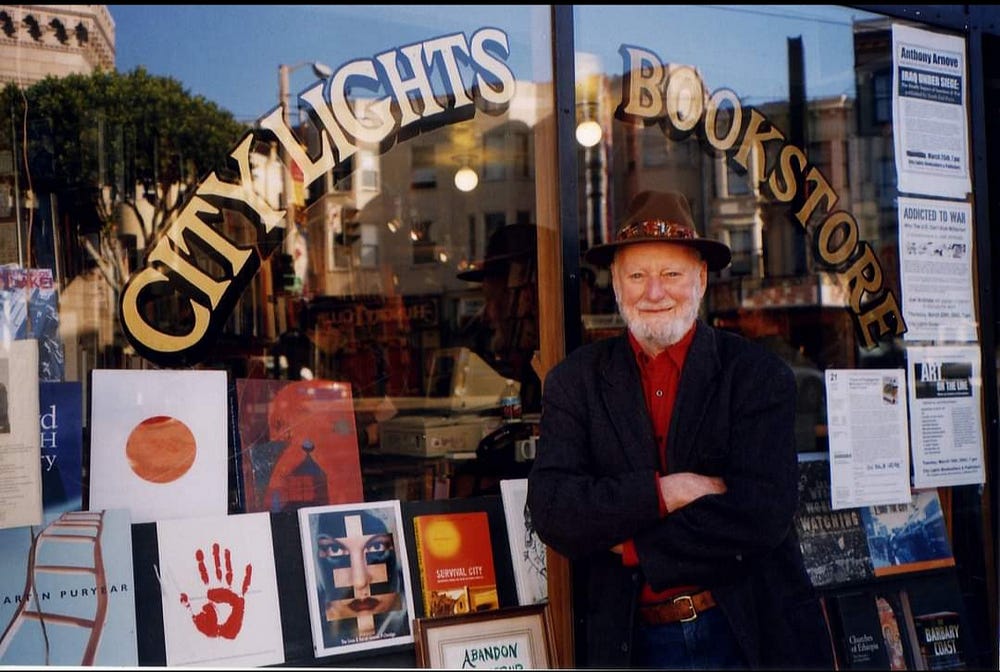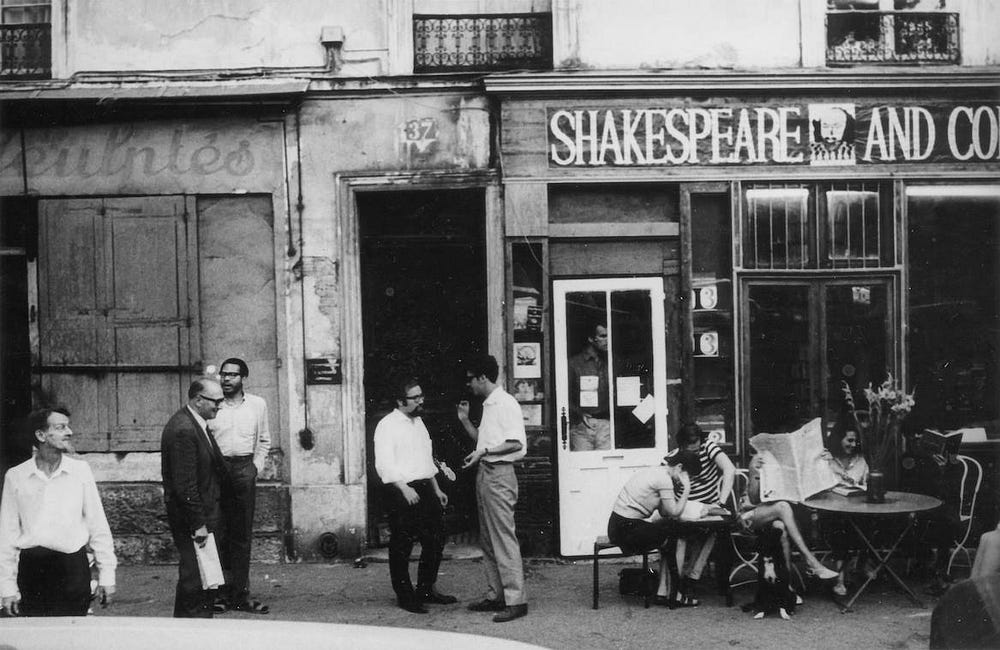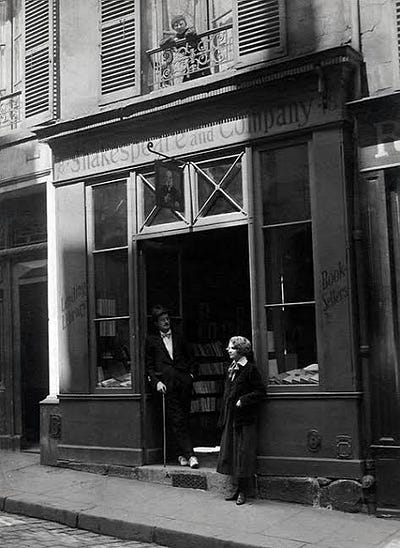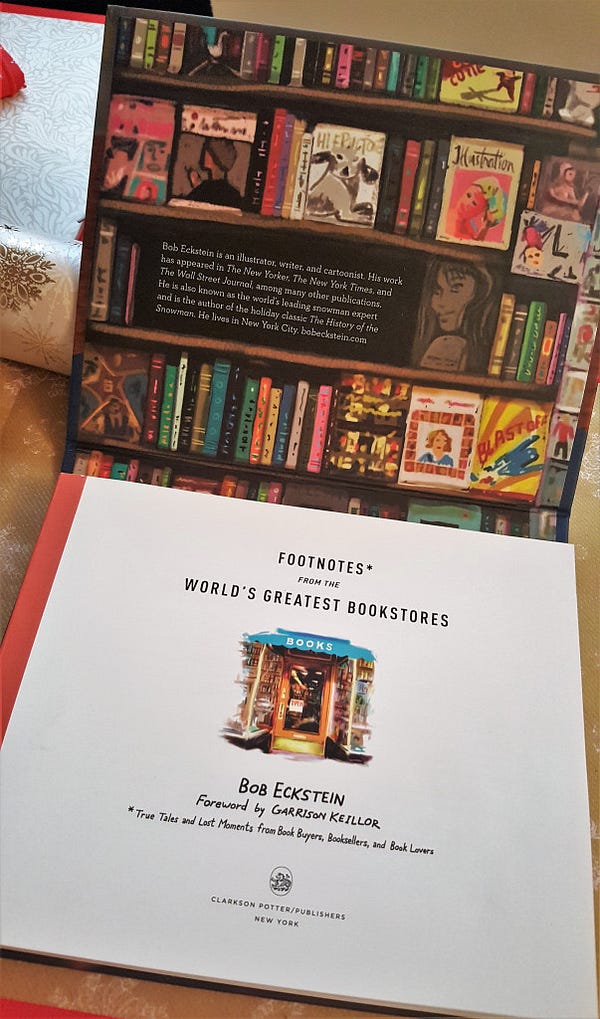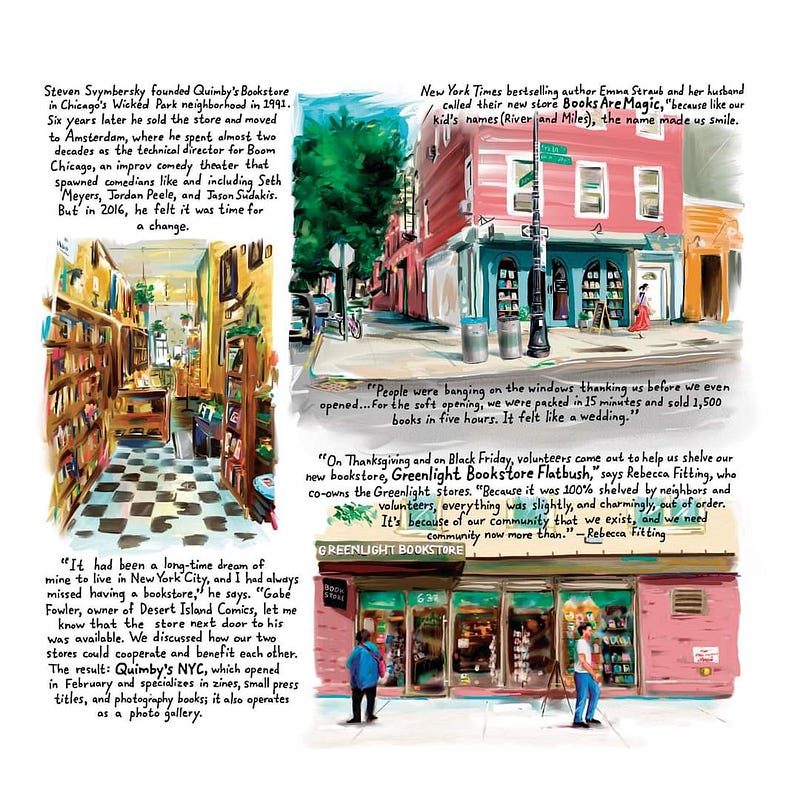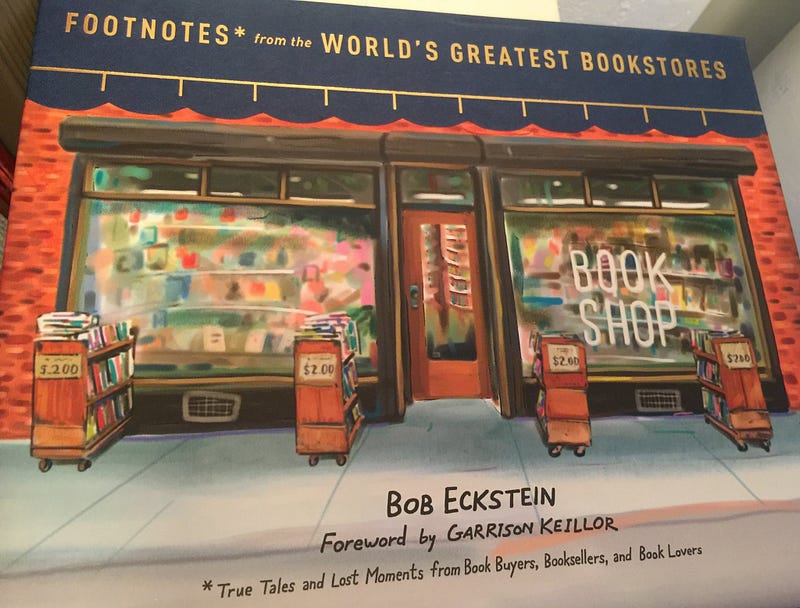An Interview with Jorge Carrión- Author of Bookshops (A Reader’s History ) & Against Amazon
I had an insightful Interview and Q&A session with Barcelona based Creative Writing Professional Jorge Carrión.
I had an insightful Interview and Q&A session with Barcelona based Creative Writing Professional Jorge Carrión about his books and everything related to its writing process.
“Bookshops” (A collection of meandering connected personal anecdotes, reminiscences and essays about bookshops in history, in experience, in life, in geographical location, in fiction and film) and
“AGAINST AMAZON AND OTHER ESSAYS” (This book explores the increasing pressures of Amazon and other new technologies on bookshops and libraries)
He is a Spanish writer, cultural critic, and director of the Master in Literary Creation (Creative Writing) at the Pompeu Fabra University (Barcelona School of Management).
Máster en Escritura Creativa y Literaria | UPF-BSM
¿Por qué este programa? Porque está dirigido por dos de los escritores españoles actuales de mayor prestigio: José…www.bsm.upf.edu
He is the author of numerous books ranging from novels to essays, comics and travel literature.
He has spent countless years building probably the broadest chronicle of bookstores, exploring numerous countries in search for that ideal space where knowledge reflects the world. His books are the result of such a venture, a book that guide the readers through an intellectual journey from Argentina’s Eterna Cadencia to Ferlinghetti’s legendary City Lights to Sylvia Beach’s Shakespeare and Company.
“You need no password to gain entry to the cartography of a bookshop, to its representation of the world — of the many worlds we call world — that is so much like a map, that spirit of freedom where time slows down and tourism turns into another kind of reading.” — Jorge
Excerpts from the Interview :-
Q1) When I came across this book, I was immediately drawn to it because of its uniqueness. This was the first history book on bookshops that I had ever seen. I was drawn into it not only due to my own love of reading and passion for this subject matter i.e. the resurgence of independent bookstores. What is it that first inspired the thought of writing a literature or book on Bookshops? I’m curious to know how the idea of writing a book on indie bookstores went from kernel to realization. What were you doing at the time? And when did the idea become more than idea for you?
Jorge : The idea was born, in effect, from the fact that on my travels I couldn’t find the book I wanted to read: a cultural history of bookshops and a mapping of the world’s great bookshops. I wrote the book I would have liked to read. And I did so thanks to an archive of hundreds of postcards, photographs, monographs, bookmarks, etc. that I collected in almost twenty years of visiting bookshops. I wrote it over the summer months of 2012, after a six-week trip to Colombia and Venezuela, perhaps because I had been in South Africa the previous year and, consequently, I now had bookshops from the five continents. I think that unconsciously I needed to write that book, to really have a mental world-map of bookshops.
Q2) What have been some of the initial challenges to getting this project off the ground and where have you found support?
Jorge : It is a creative essay I wrote without any kind of financial support, on my holidays as a teacher of literature and creative writing. After the success of the Spanish edition, when rights were bought by publishers throughout the world, many wanted me to visit their countries in order to add shops. I only agreed to a trip to London and to Paris, in order to strengthen those chapters in the book. I didn’t want it become a guide. It is above all a non-fictional novel.
Q3) What were some of the most important moments when writing this book?
Jorge : When I found fascinating stories in books or on the internet, like the one about Mao as bookseller or Foyles’s attempts to sell books to none other than Hitler. I think that my favorite chapter is the one that discusses the relation between bookshops and dictatorships. Most dictators were first book lovers, and then terrible censors.
Q4) How did the books you read help you when you started to write this book?
Jorge : Bookshops is also the autobiography of a reader. It wouldn’t have been possible without the books of Borges, Cortázar, Sontag or Sebald I have read over twenty years. Or without Walter Benjamin, a truly inspiring cultural critic and experimental writer from whom I continue to learn. My last book-length essay is in fact called Barcelona. Book of Arcades.
Q5) I was stunned by how many bookshops you managed to mention. How long did it take to research and write the book?
Jorge : There was no systematic research, I simply sought out the most interesting bookshops in the cities and towns I visited. It was an unconscious passion. Before it became a book, it was rather a strange compilation. As I had been mentally writing those trips, spaces and readings over two decades, I wrote it quickly in some three months. And was very happy.
Q6) What do you think makes a great bookshop? What do you love about bookstores?
Jorge : As I say in Against Amazon, the world’s best bookshops and libraries are more spiritual and intellectual than physical. Although architecture fascinates me and I love magical spaces like Ler Devagar in Lisbon or Eterna Cadencia in Buenos Aires, what most interests me is that energy that’s so difficult to perceive. And that you can’t photograph to hang on Instagram.
Q7) What message did you want to convey to the reader through this book? Which aspect of bookstores did you want to depict? Are there any other lessons that readers can take from your work?
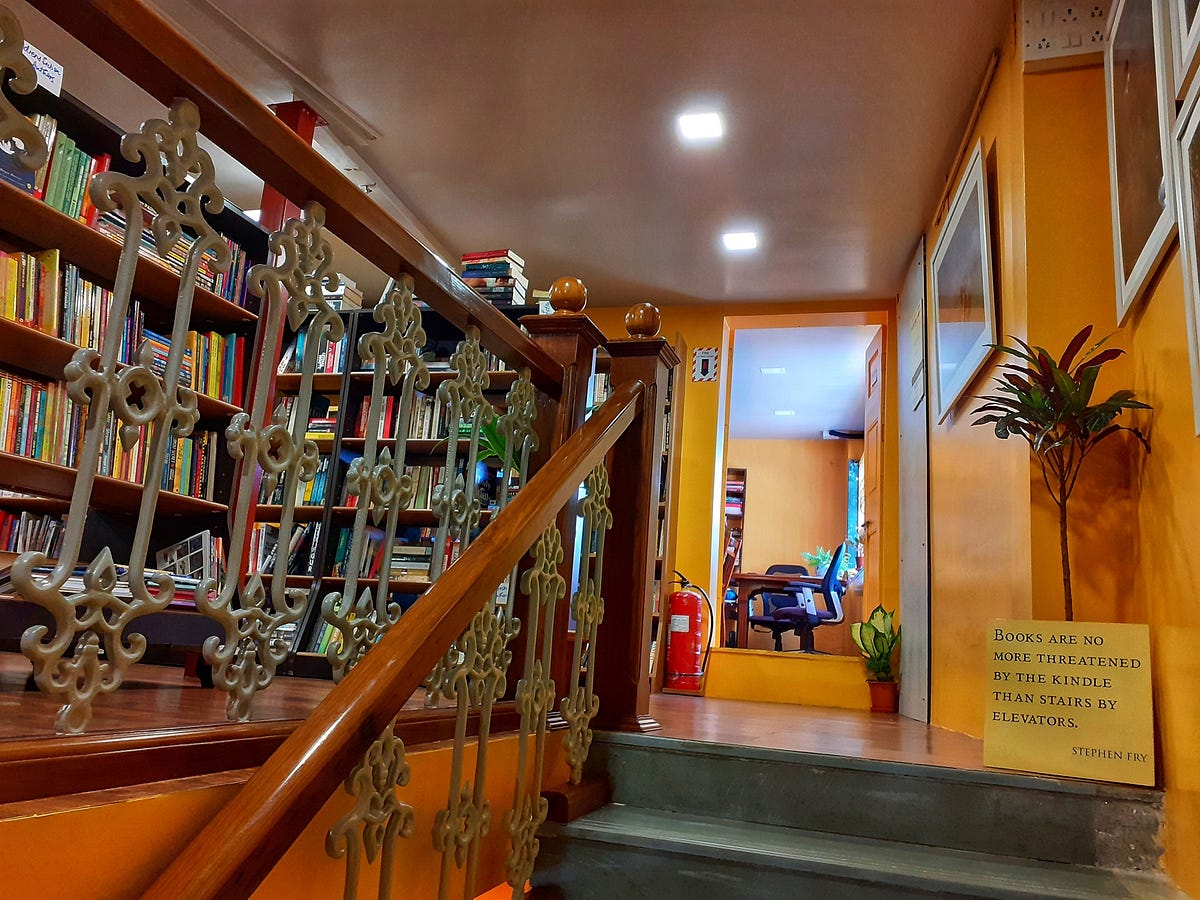
Jorge : In the course of my research I realized that ten years ago nobody considered bookshops to be important. They are never mentioned, for example, in the biographies of writers. I wanted to show their true value. And foreground the figure of the bookseller, who is a gatekeeper as important as a publisher, librarian or writer.
Q8) Some of the bookshops featured have long, rich histories dating back centuries, but I think we should take a moment to remember bookshops past. Do you have a favorite historical bookshop, or a bookshop now closed that you wish you could visit one last time? Or both!
Jorge : I have favorite bookshops in almost all the cities I know. I am a kind of a detective on the track of bookshops, who seeks out the archaeological detail that tell their story. For example, the poster in Bookshop 22 in Girona featuring Roberto Bolaño who bought his books. Or the wooden beam in the Cambridge University Bookshop that may date back to the sixteenth century. Or the homage that City Lights pays with a poster to Shakespeare and Co, because it is its symbolic daughter. I seek out these traces. And I love going back to see if they are still there. Or to see that they have disappeared
Q9) “Every bookshop is a condensed version of the world. What did you mean by this axiomatic declaration? Can you speak a bit about this idea?
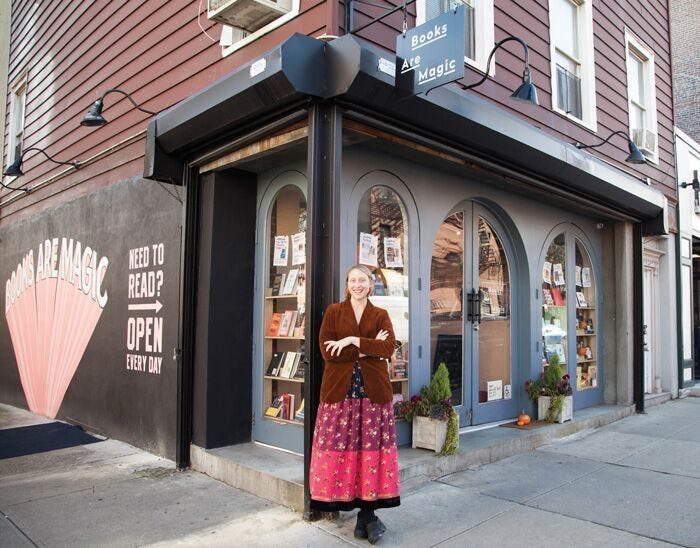
Jorge : That bookshops sum up the variety and wealth of literature that exists in the world. They are miniature universes.
Q10) Bookshops are the space station of the imagination — the place where your mind can take rocket ships to other worlds. They’re places for contemplation, relaxation and escape — and a place where, in most cases, lingering is actively encouraged. Do you agree with this?
Jorge : Of course. They must stimulate the senses and the brain.
Q11) What’s the difference between a bookshop and a library?
Jorge : There are many, but I’m more interested in their complimentary spaces than their differences. They are two sides of the triangle, of reading, that is completed by the personal library of the reader.
Q12) From Sylvia Beach of Shakespeare and Company to Ferlinghetti of City Lights Books, the bookseller, in your book, appears as a political figure. Can you talk about the politics behind bookselling?
Shakespeare & Company, Paris : An Interview with Sylvia Whitman
I had a wonderful & insightful conversation and Q&A session with Sylvia about Bookselling Business Ecosystem.medium.com
City Lights Books : An Interview with Paul Yamazaki (Principal Buyer at the Bookshop)
City Lights is an independent bookstore-publisher in San Francisco, California, which specializes in world literature…medium.datadriveninvestor.com
Jorge : There is a micro-politics, that decides these books yes, those books no, what is sold and is influential, what isn’t ordered and recommended. And then there is a macro-politics: bookshops are the embassies of democracy. That’s why dictatorships have always forced booksellers to disappear. Think of Lam Wing-Kee, who had to flee from Hong Kong because he was being persecuted by the Chinese and who has opened a bookshop in Taiwan.
Q13) I had interviewed Bob Eckstein about his Research on Independent Bookstores.
Interview with Bob Eckstein (New York Times Best Selling Author & New Yorker Cartoonist)
He had begun with a list of 150 bookstores, from which he gathered more than 300 tales. He figured that his book could…link.medium.com
The objective of his Book (Footnotes from the World’s Greatest Bookstores) and Research was to raise awareness for independent bookstores. What he had learned after illustrating 75 Bookstores from Around the World is that how they brought communities or, sometimes, two people together for life. Do you agree with this?
Jorge : Yes, they are essential agents in the creation of social cohesion. At a moment when solitude is a global epidemic, they are necessary for the mental health of millions of individual readers
Q14) While the online shopping culture and Kindle devices had somewhat impacted the business of bookstores, in a world that is becoming virtual, where one can have books delivered to one’s doorstep and giants like Amazon are encroaching on traditional territory, bookshops are finding it hard to survive. Today’s generation is a generation of browsers not readers. Do you agree with this? What’s behind this resurgence?
Jorge : We read more than ever. What happens now is that we don’t only read on paper or in books. I think that bookshops must grasp the new ecosystem of social media, and work to ensure that social networks, web pages and the new cultural products play in their favor and not against them. That’s why I am delighted there are so many profiles on Instagram of photographs of books and bookshops, because they mean books are perceived to be sexy and trendy. We need to increase the community of booklovers for bookshops to have a future.
Q15) How can indie bookstores reinvent themselves now? How has Covid-19 changed the equation? It’s a strange time for everyone indeed. How can they tackle the new normal, can you provide some insights? The Pandemic Is Changing How People Buy Books. Of course, Amazon is still a monster, but booksellers are a hardy bunch right?
Against Amazon and Other Essays - Biblioasis
A NEW YORK TIMES NEW & NOTEWORTHY BOOK A history of bookshops, an autobiography of a reader, a travelogue, a love…biblioasis.com
Jorge : I dedicate an essay to this topic in Against Amazon. But the truth is that landscape is changing all the time and it’s getting ever more difficult. I believe you must think that a book isn’t simply a book, it is also an experience of purchasing and reading. If you see the book as part of a chain of enthusiasms and conversations, you won’t want to give up on the story connecting it to a bookshop. Amazon sells it to you without a story, history or narrative in a box that’s exactly the same as the box delivering to your home an iron or a drone. We must defend the stories that bookshops tell.
Thank you all for reading and a big thanks to Jorge Carrion for collaborating in today’s post!
It’s a pleasure!
Instagram : https://www.instagram.com/jorgecarrion21/
Twitter : https://twitter.com/jorgecarrion21
Website : https://jorgecarrion.me/english-version/
